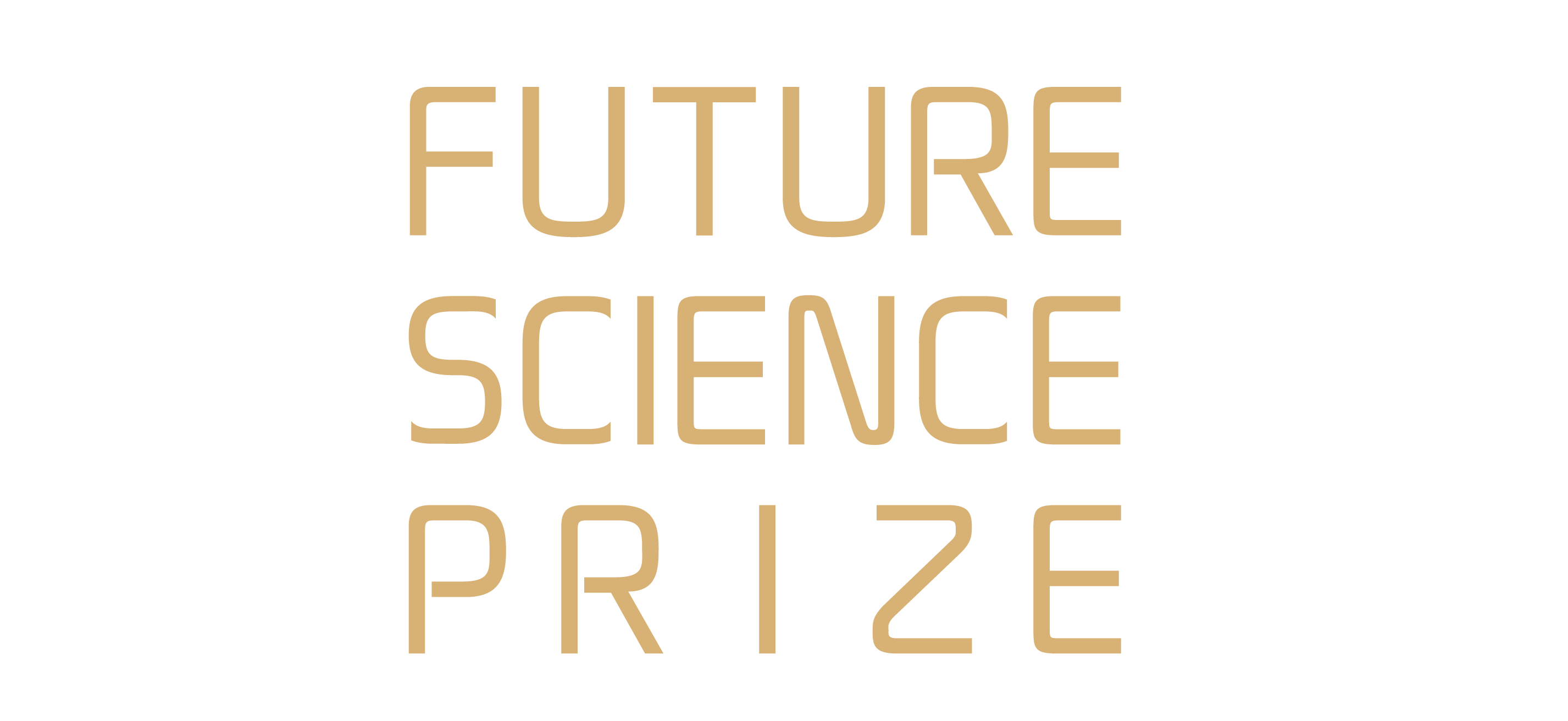
For his development of laser-based fast electron beam technologies and their applications in ultrafast time-resolved electron microscopy and fast ignition for research towards inertial confinement fusion.

2021 The Physical Science Prize Laureate


Ever since the discovery of cathode rays by J. J. Thomson, electron beams have played increasingly prominent roles in science and technology for over a century. Development of various electron microscopes has provided illuminating visions of the inner core of matter, from material crystalline structure to the quarks and gluons in protons and neutrons. Energetic electron beams have enabled precise sculpting of structure and novel modifications of material properties.
Dr. Jie Zhang is a pioneer in developing methods for efficient generation of controlled, high-intensity fast electrons (~100 keV to 10 MeV) through tera- to peta-Watt laser beams. Leading a strong team of collaborators, Zhang has made a series of major breakthroughs with fast electron beams, including efficient generation of nonthermal electrons, tuning the electron beam energy with lasers, realization of highly directional electron emission, and world records on temporal resolution of electron beam imaging.
The precisely controlled high-intensity fast electrons generated by Dr. Zhang’s team have enabled a range of other important scientific explorations. For example, they have developed an MeV ultrafast electron diffraction and imaging facility, and demonstrated sub-Angstrom spatial resolution and a record 50 femtosecond temporal resolution. Very recently, they used ultrafast laser-field to successfully manipulate electronic dimensionality of quantum materials and observed signatures of novel phase transitions induced by light. Furthermore, the cutting-edge technology has helped the team design a more compact and efficient high-energy particle accelerator. Simultaneously, they have also achieved single molecule imaging with ultrafast electron diffraction.
Dr. Zhang’s research on fast electron beams was initially driven by the prospect of inertial confinement fusion (ICF), a process, if realized, could provide unlimited energy supply for the human kind. The new electron source provides a crucial tool for ICF with fast ignition, a concept pioneered by Dr. Zhang. The fast ignition approach disentangles fuel ignition from compression, allowing optimization of these two processes independently while avoiding instabilities.
Jie Zhang, born in 1958 in Shanxi, China. Ph.D. 1988 from the Institute of Physics, Chinese Academy of Sciences. Professor at Shanghai Jiao Tong University and Institute of Physics, Chinese Academy of Sciences.





